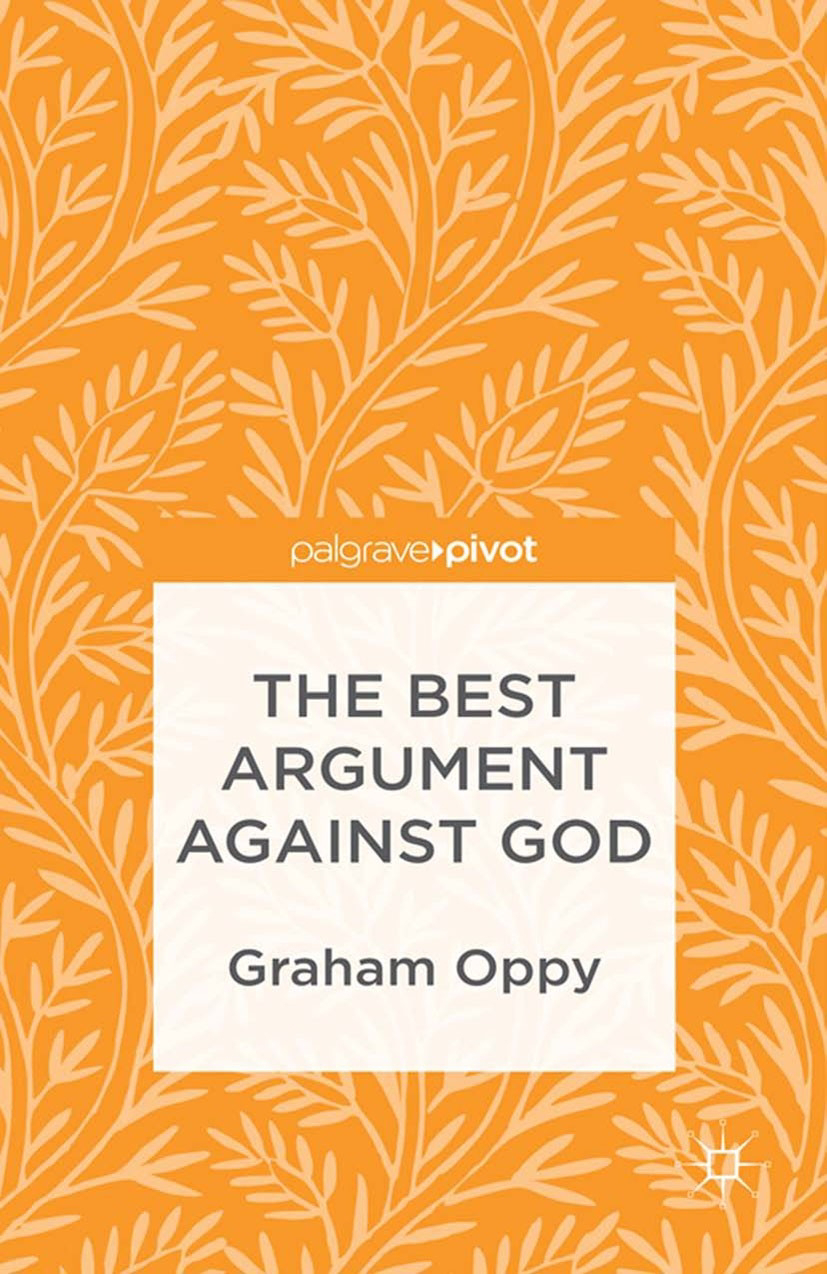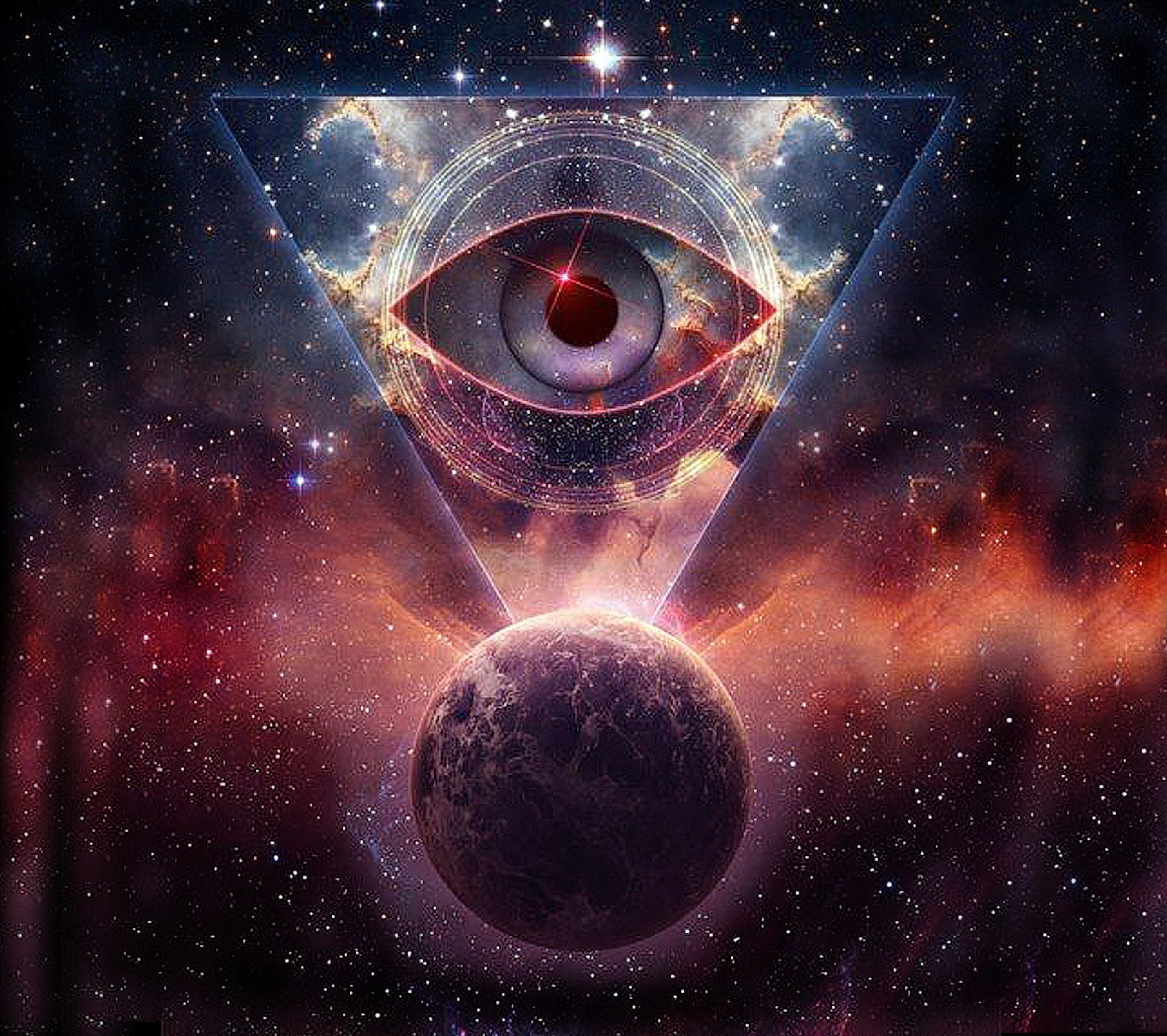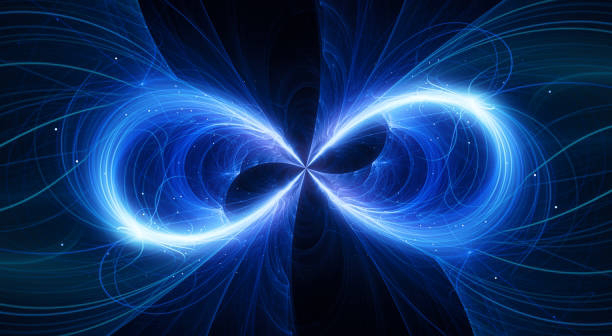Stage 2 contingency arguments and Oppys objections to fine tuning
Note: This article was originally posted in the worldview design training center back in January of 2021, so it does not fully represent my current thoughts on the subject of fine tuning and how theism explains it (I think better objections to fine tuning exist in the literature and there are better ways to cash out how fine tuning favors theism). But I think it still provides a reasonable response to Oppys specific objection
By: Kyle Alander
One of the things I have been thinking deeply on is Graham Oppy's objections to the fine tuning argument. Probably the most powerful one from him is an objection he presents in his book "The best argument against God" he presents a dilemma in this way
"If we are comparing (i) a view that says that it is a brute fact that parameters take a value from a given range with (ii) a view that says that parameters were chosen to take a value from the same range, but it is simply a brute fact that this particular choice was made-It is very hard to see why we should think that one view affords a more satisfactory explanation than the other. Could God have chosen to make a universe that lasts for less than a second? Could God have chosen to make a universe that blows apart so rapidly that it is mostly empty space?. If we suppose that the answer to either these questions as affirmative, then we cannot also say that God must have all things considered reason to prefer a life permitting universe to one of these non-life permanent alternatives. But if God needed had all things considered reason to refer a life permitting universe to one of these non-life permitting alternatives, then, on the assumption that God's choosing is a brute fact It surely does turn out that theist has no better explanation than naturalist of why it is that relevant cosmic parameters take the parameters that they do (The best argument against God, 29-30)
Basically Oppys objection is that any reason God has for creating a life permitting universe is a brute fact. And so that is no better than a naturalist positing that cosmic fine tuning are brute facts. Thus fine tuning gives us no reason to prefer Theism over Naturalism. From what I can see this objection works only if we ignore an important distinction of brute facts. I think Theism has an advantage in fine tuning due to it being brutiness reducing. I discovered this when reading Brian Leftows work . Here is what Brian Leftow says in response to Graham Oppy on Swinburne's inductive arguments
"For every brute fact about the natural world, on theism there is an equally brute divine intention that it be so. One might therefore claim that theism “doubles” the brute facts there are on naturalism. I reply that it does not. On theism, these facts about the natural are not brute. The corresponding divine intentions causally explain them. If the intentions are brute, they do not add to reality’s overall bruteness. They merely relocate it. I think that some of God’s particular intentions are indeed brute. I think that ultimately, God "just picks" some features of the universe, without a full sufficient reason for His pick- e.g. making n stars rather than n+1. Even so, His beliefs and desires may make these less brute than the corresponding natural facts would be on naturalism. Suppose that I’m eating a peanut-butter and jelly sandwich. You ask why. I say "I was hungry." That doesn't tell you why I intended to eat a PB&J rather than something else, but it does tell you why I intended to eat. My intending to eat that particular sandwich is now less mysterious than it was; one aspect of that is fully explained, namely that I intended to eat. God intended a universe with features 1, 2... which are hospitable to our sort of life. Why 1, 2 etc.? Suppose I say that He wanted to cause our sort of life and so made the universe hospitable to it. That doesn’t fully answer the question, but it answers an aspect of it. It explains God's having some intention to create some hospitable features, though not the intention to create 1, 2, etc. in particular rather than other hospitable features. That seems a genuine bruteness-reducer. I don't see that naturalism can do the same with initial cosmic conditions, just because they are initial. So even if there are as many brute particular divine intentions as there would be brute particular natural facts on naturalism, theism can make some of them less brute. When we fill the views out, less is brute about God on perfect being theism than about the fundamental natural on naturalism. Having less brute at the fundamental level is a theoretical virtue. (It may even be one reason we think parsimony important.) Here theism is ahead. So far, then, it seems that perfect being theism can explain more of the natural than naturalism can, with equal explanatory power (as Oppy concedes), and leave less brute at the fundamental level in doing so. Theism’s extra ontology buys a lot. Explaining what puzzles us and reducing fundamental brutality may more than offset its cost. I know no algorithm for weighing these things, but to me, at least, it seems so far that overall, theism gets no worse than a tie. I now argue that on two of Oppy’s “shapes,” it is ahead. If this is so, then on balance, across all branches, theism is ahead" (Brian Leftow, a naturalist cosmological argument, 8-9)
I believe that Dr. Brian Leftow makes a good point here. So I've come up with this distinction. We have full brute facts and partial brute facts. Full brute facts are those like what Oppy proposes is the fine tuning. It's just a brute fact that the cosmic parameters are the way they are. On theism however we only have partial brute facts because God's reasons would flow from his nature. So Theism would have less brutiness at the foundation for reality than Naturalism would. For any explanation the Naturalist gives for any facts like fine tuning, consciousness, morality etc. They need to posit more brutiness in their metaphysics than the Theist does.
I think this brings us to a new thought I've been having which I call "brutiness reducing principles" these are more like tools to help us cross stage 2 contingency arguments. Stage 1 was crossed with the PSR (principle of sufficient reason). Now I think stage 2 can be crossed with brutiness-reducing principles. Here are a few proposals
Occam's Laser: Do not multiply fundamental entities without necessity
Occam's Laser is an improvement on Occam's razor and philosopher Jonathan Schaffer argues for this principle in his paper that discusses the simplicity of theories and he answers objections to the idea. This would have implications if combined with the next principle
Principle of Simple Unification (PSU): For any set of facts whether contingent and/or necessary that exist, there is a simple unifying root that unifies the contingent and/or necessary facts
Now the PSU was an idea I came up with to help highlight the need for unification of theories. Currently there are not any papers written on it but I did a video that goes over how it has implications for naturalism. What I argue in basic terms is that when we talk about the facts of the world like consciousness, fine tuning, morality, religious experience etc.. The naturalist posits brute facts to explain it or at least they have to posit fundamental brutiness and separated explanation's for things. Since the principle is new I'm going to go a little more in detail about it here to get people to understand the basic concepts. If we say that naturalism implies an imperfect foundation as Josh Rasmussen would argue there are some issues
An imperfect foundation requires multiple sources to ground different things. An imperfect foundation has to have a different sources to ground matter, mind, morals, reason and value. In fact one could say that an imperfect foundation may be only able to account for one of these things. So it may be able to explain the existence of matter but not able to explain the existence of morals, value or reason and so it has to have different sources for those things
A perfect foundation by contrast grounds all these things with only one source which is perfection. So a perfect foundation is simpler and can explain everything while an imperfect foundation would need to be more complex by having different sources for these different things. So then a perfect foundation explains all the complexities of the world by a simple root while an imperfect foundation does not. More features of reality are explained by a perfect simple root while imperfection lacks this explanatory power at its own simple root.
Perfection is the root by which all things are explained. Imperfection doesn't have the same root to explain mind, matter, morals, reason and value. In order for an imperfect foundation to be the explanation of reality one would have to say that there are many unexplained necessary truths. So then the reason that the universe is fine-tuned is because the universe is necessary or the foundational laws have to be a certain way. Or the reason that objective morality exists is because it is necessarily a part of our reasoning and the reason that mathematics is applicable to our universe is simply because it is necessary. However all of these things are unexplained necessary truths. They are all truths about the world that are just there without a simple foundational root. However a perfect foundation provides the root necessary to ground all necessary truths. And so since a perfect foundation has the least amount of unexplained necessary truths then it is a simpler hypothesis. On the perfect foundation, more of the necessary truths can be explained by the simple root . This speaks to explanatory power. Thus the simpler theory which has the fewest unexplained necessary truths will also be the one with the most explanatory power.
When we combine the PSU with Occam's Laser then theism would have the least amount of fundamental entities and it would be able to derive all the facts about the world rather than positing brute entities. Since fundamental perfection is the fundamental entity that can explain all of reality then there is no need to posit fundamental imperfection at the ground for reality and hence Theism is simpler and more unified than Naturalism
Finally a last one that I think could work is the principle of no arbitrary limits as argued by Josh Rasmussen
Principle of no fundamental arbitrary limits: Do not multiply fundamental unexplained/arbitrary limits at the foundation
I added the idea of "fundamental" limits because of an objection regarding the trinity. The trinity in God is a limit but its not a fundamental limit. So something with no fundamental limits would be able to have unlimited power. This includes the power to know things and the power of reason. Furthermore add in value and it cant have any fundamental limits in regards to its total value. Something with no limits to value can only be perfect and hence one is able to derive the traditional attributes of God from this limitless value.
In conclusion, I think all of these principles can help to answer the objections that Graham Oppy has put forth as well as help us cross stage 2 of contingency argument's. Stage 1 was crossed with the PSR (principle of sufficient reason). Now I think stage 2 can be crossed with these type of brutiness-reducing principles (only if one grants them of course).





Comments
Post a Comment